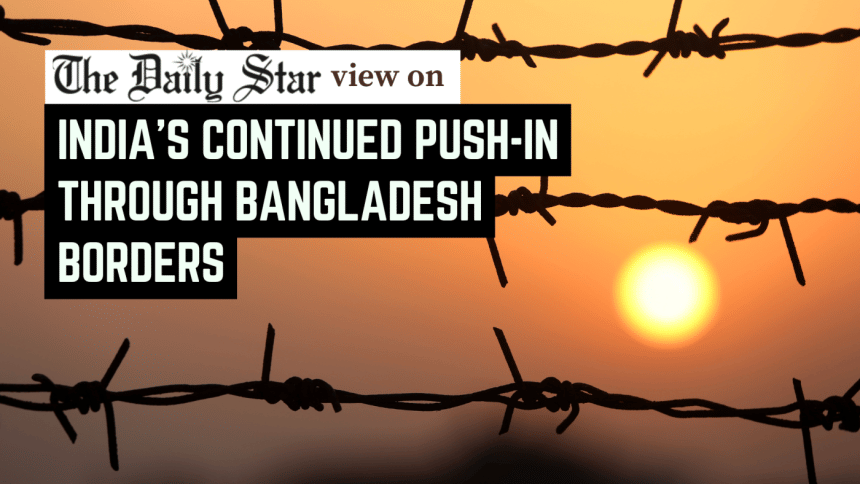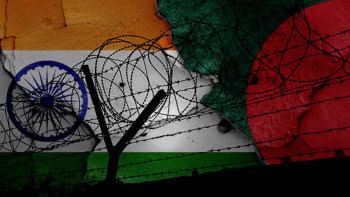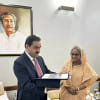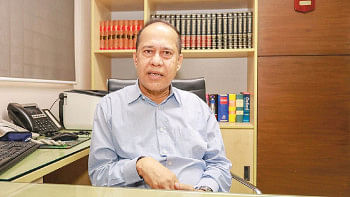India's lack of response to push-in objections deeply troubling

We are quite alarmed by India's lack of response to concerns over the persistent push-in operations carried out by its Border Security Force (BSF). The latest incident, according to a report by this daily, saw 46 "Bangladeshi nationals" pushed in through three border areas early Tuesday. For those following this development, this has become an all-too-familiar pattern that keeps repeating itself despite protests from Bangladesh. While exact figures are difficult to pin down given the lack of official communication, the number of those pushed in—whom India often refers to as "infiltrators", despite many possessing Indian documentation—would be significant by now. As per an earlier report, between May 7 and 28, at least 1,053 were pushed in.
As we have noted before, the persistence of these incidents, even after objections raised through flag meetings and diplomatic channels, reflects a blatant disregard for international border protocols and bilateral agreements. We have repeatedly highlighted the danger of such operations, especially for the vulnerable individuals and families subjected to mass expulsions. Some of them were tied to empty plastic bottles and thrown into cross-border rivers, floating all night until rescued by locals. In some cases, entire families were picked up at random, stripped of their belongings, and herded to the border for push-in. And it is not just Bangladeshi nationals who have been targeted. According to Mamata Banerjee, the chief minister of West Bengal, even Bangla-speaking people from BJP-ruled states in India were branded "Bangladeshis" and forcibly deported, despite their citizenship proof. Rohingya refugees registered with the UNHCR were not spared either.
On two separate occasions recently, Mamata criticised India's ruling BJP for its reckless deportation policy, thus supporting—perhaps despite herself—Bangladesh's cause against the push-in operations. Regardless of her political motive, the fact that a senior Indian leader has publicly acknowledged and criticised such actions should serve as a wake-up call for both governments. We don't want to comment on local politics in India, but its deportation or push-in drives seem to be targeting only Muslims. Add the label "illegal Bangladeshi immigrants", and it seems to lend legitimacy to any expulsion operation, however arbitrary or illegal. These drives, experts say, gained momentum after the April 22 attack in Pahalgam, Kashmir, where gunmen allegedly linked to Pakistan killed 26 people, triggering renewed anti-Muslim sentiment and manufacturing support for any crackdown on vulnerable Muslim groups.
While we recognise the right of a country to deal with undocumented migrants, such actions must be carried out in accordance with international law, bilateral agreements, and basic human rights standards. Arbitrary and communalised expulsions, especially those carried out through push-ins, only serve to erode trust between neighbouring countries. Given how long this has been happening, it is high time Bangladesh stepped up its diplomatic efforts and sought intervention from international forums like the UN to ensure that India puts an immediate stop to these operations. As Bangladesh keeps reiterating, India must follow due process and coordinate through official channels while dealing with this issue.


 For all latest news, follow The Daily Star's Google News channel.
For all latest news, follow The Daily Star's Google News channel. 










Comments